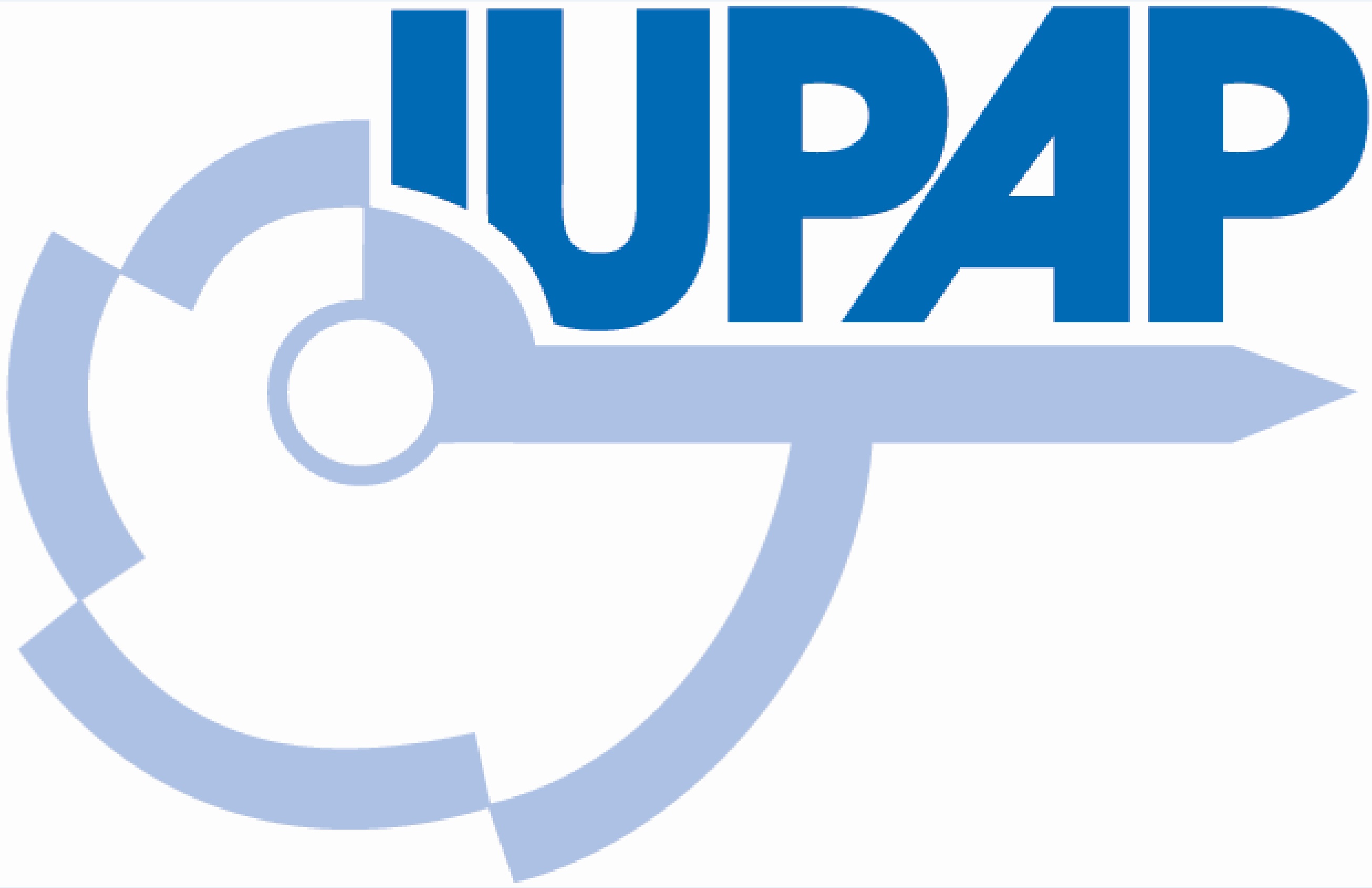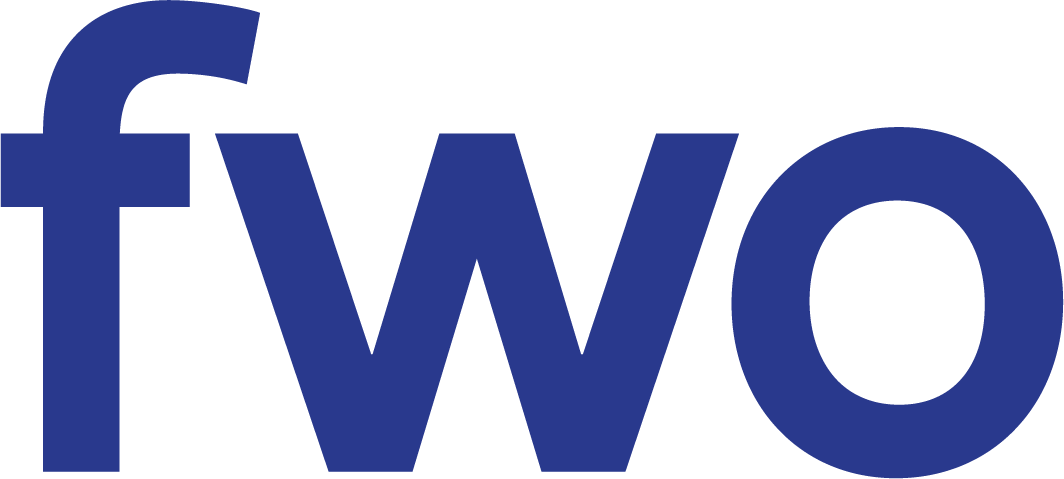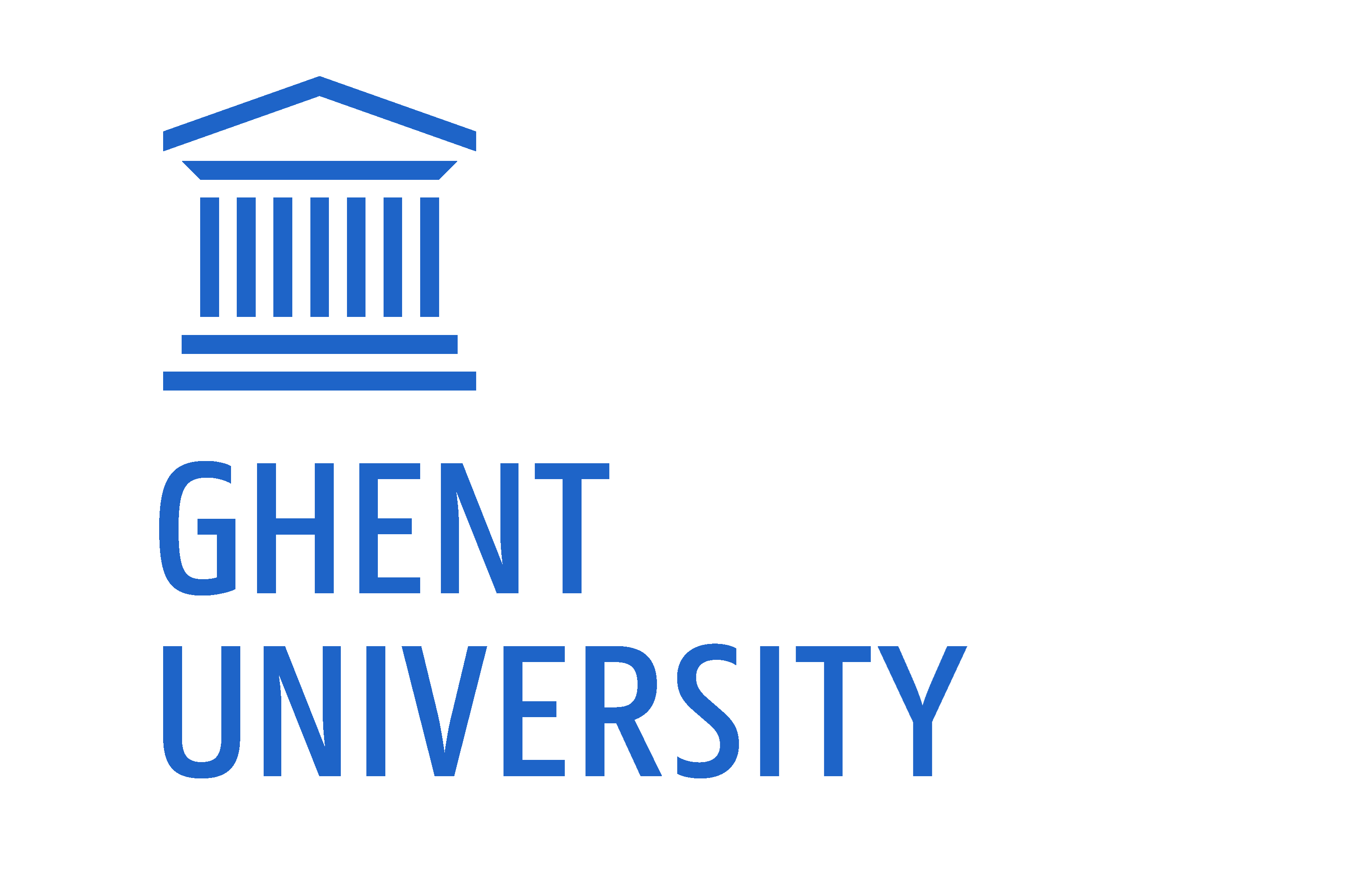Welcome
Dear Colleagues,
On behalf of the Local Organizing Committee, the Program Committee, and the International Advisory Committee, we sincerely invite you to the 21st International Congress on Plasma Physics (ICPP 2024), in Ghent, Belgium, from September 8 to 13, 2024. The event is organized by the department of Applied Physics at the faculty of Engineering and Architecture at Ghent University (UGent).
The conference will address a wide range of topics in the field of plasma physics. Recent progress will be discussed concerning the following topics:
- Fundamental plasma physics
- Fusion plasmas
- Laser-plasma interaction
- Plasma accelerators
- Astrophysical and space plasmas
- Applications of plasmas and plasma technology
- Complex plasmas
- High energy density plasmas
- Quantum plasmas
Ghent is a vibrant city with an extensive historical center and an abundant architectural and cultural patrimony. It is located at the confluence of two rivers in the northern part of Belgium. Ghent University is one of the largest universities in the country and is spread over several sites and campuses in and around the city.
We hope to welcome you in Ghent in September 2024, to enjoy with us the conference, the many sights and the rich culinary tradition of the region!
Chair of LOC
Professor, Ghent University
Chair of PC
Professor, Science and Technology Facilities Council (STFC)
Important dates (2024)
- Early registration opens: March 5
- Abstract submission opens: March 11
- Abstract submission closes:
May 17May 31 - Notification of acceptance:
May 31June 19 - Early registration closes:
June 30July 15 - Final program online:
July 15August 9 - Final registration deadline: August 25
- Conference: September 8-13
Sponsoring
ICPP 2024 gratefully acknowledges its sponsors.
 |
The International Union of Pure and Applied Physics (IUPAP) is the only international physics organization that is organized and run by the physics community itself. Its members are identified physics communities in countries or regions around the world. To secure IUPAP sponsorship, the organisers have provided assurance that ICPP 2024 will be conducted in accordance with IUPAP principles as stated in the IUPAP resolution passed by the General Assembly in 2008 and 2011. In particular, no bona fide scientist will be excluded from participation on the grounds of national origin, nationality, or political considerations unrelated to science. |
 |
The Research Foundation Flanders (FWO) offers researchers in Flanders the opportunity to create knowledge. The FWO provides financial support for individual researchers, programmes and projects, and research infrastructure. |
Conference policy
Free circulation of scientists
The principle of the Universality of Science is fundamental to scientific progress. This principle embodies freedom of movement, association, expression and communication for scientists, as well as equitable access to data, information and research materials.
In pursuing its objectives with respect to the rights and responsibilities of scientists, the International Union of Pure and Applied Physics (IUPAP) actively upholds this principle, and, in so doing, opposes any discrimination on the basis of such factors as ethnic origin, religion, citizenship, language, political stance, gender, or age. IUPAP should only sponsor conferences and events at institutions and in countries that uphold this principle. If scientists are excluded from attending IUPAP-sponsored international conferences by a host institution or country on the basis of any of these factors, IUPAP should register its concern at the highest level of that institution or country, and should not sponsor any future events in that country until such exclusions have been eliminated.
Harassment
It is the policy of the International Union of Pure and Applied Physics (IUPAP) that all participants in Union activities will enjoy an environment which encourages the free expression and exchange of scientific ideas, and is free from all forms of discrimination, harassment, and retaliation. The conference organisers will name an advisor who will consult with those who have suffered from harassment and who will suggest ways of redressing their problems, and an advisor who will counsel those accused of harassment. The conference organisers may, after due consideration, take such action they deem appropriate.
